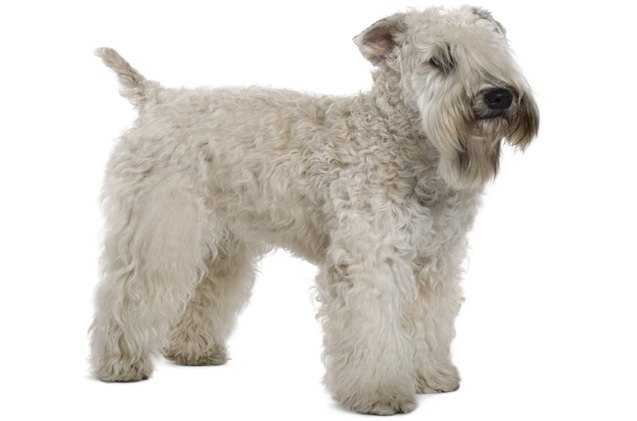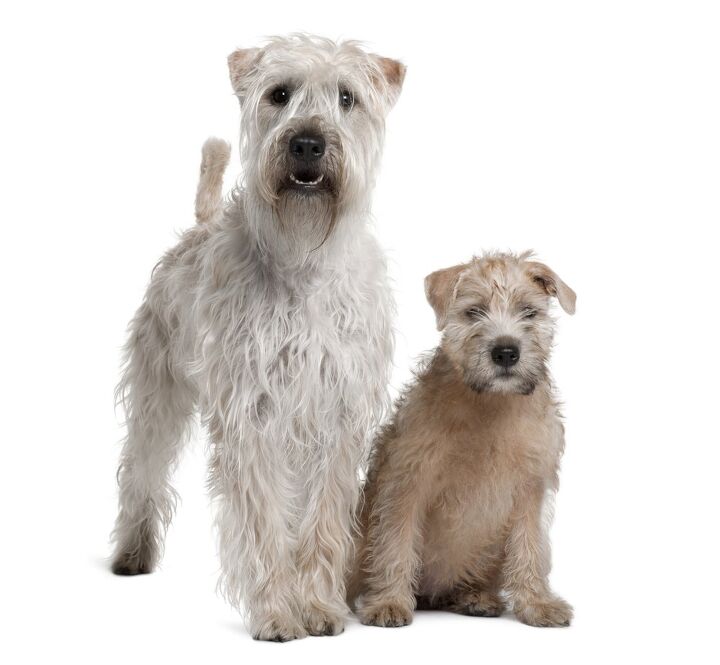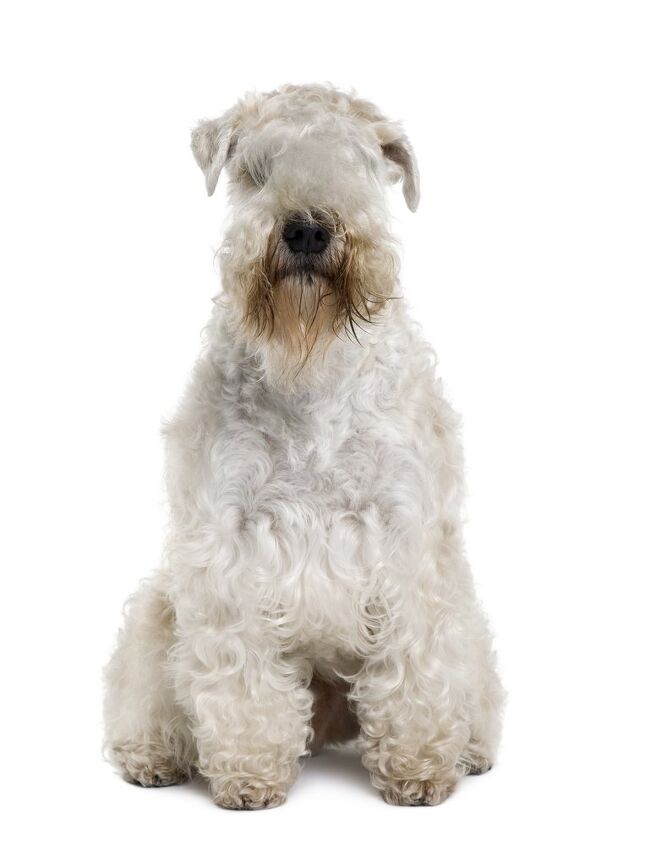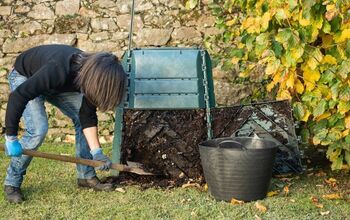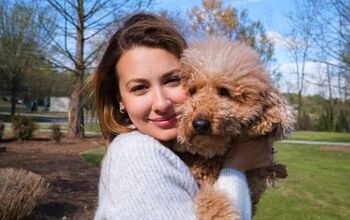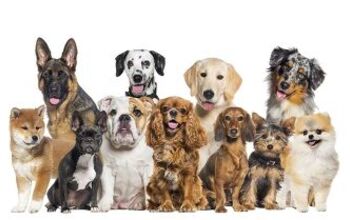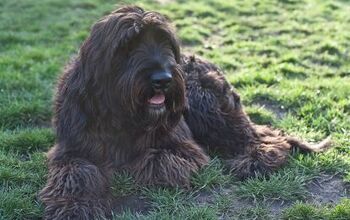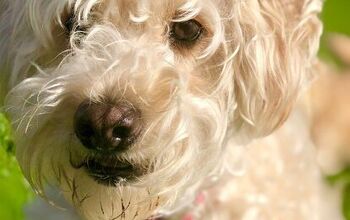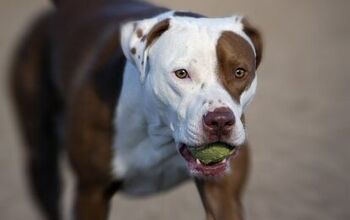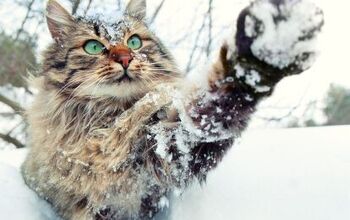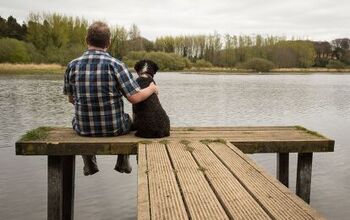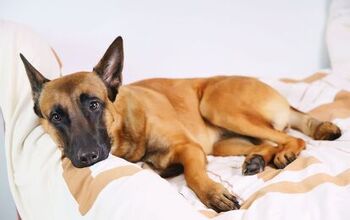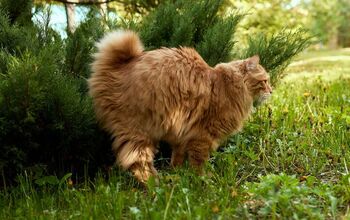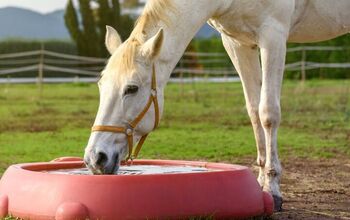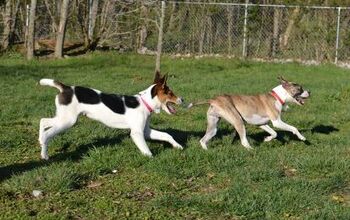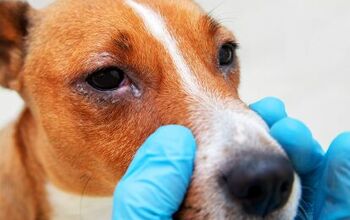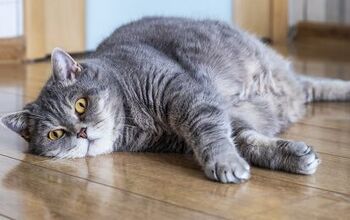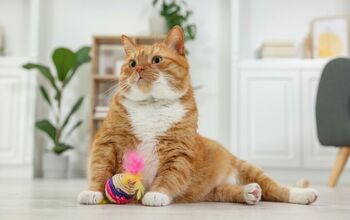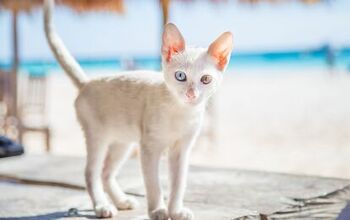Soft Coated Wheaten Terrier


About Soft Coated Wheaten Terrier
Do you want a soft, adorable dog to cuddle up with? Then the Soft Coated Wheaten Terrier is a breed you’ll want to get better acquainted with. A compact, hardy, medium-sized dog, the Soft Coated Wheaten Terrier is lively, confident, curious, playful, congenial, and gentler compared to other terrier breeds. Dependable and affectionate, the Soft Coated Wheaten Terriers are athletic by nature and need a daily workout by either a moderate to long walk or a vigorous game.
So how does the Soft Coated Wheaten Terrier sound so far? Need to know more? No problem – read on to find out more about this breed.
A compact, hardy, medium-sized dog, the Soft Coated Wheaten Terrier is lively, confident, curious, playful, congenial, and gentler compared to other terrier breeds.
Originally called the “Poor Man’s Wolfhound” and hailing from Ireland, Soft Coated Wheaten Terriers were versatile dogs. These dogs guarded the farm against both human and animal intruders, killed vermin and were herders and hunters. In the 1940s, the Soft Coated Wheaten Terrier was imported to the United States but it took until 1973 for the American Kennel Club to recognize this breed officially.
Today, Soft Coated Wheaten Terriers compete in obedience, agility, and tracking competitions, and are used in animal-assisted therapy.
Soft Coated Wheaten Terriers are believed to be a cross between the Kerry Blue Terrier and one of the larger mixed terrier breeds popular in the Irish farming communities. As well, the Soft Coated Wheaten Terrier is believed to be one of Ireland’s oldest breeds of dog.
The Soft Coated Wheaten Terrier was recognized by the AKC in 1973.
As with most breeds, you’ll want to feed your Soft Coated Wheaten Terrier a diet of high-quality dry dog food or homemade meals. As well, you may choose to add a coat supplement, like a little corn or safflower oil, sprinkled over the food once a day, which will help keep the coat from drying out. For an added treat, a daily milkbone adds nutrition and keeps teeth clean.
A fierce competitor at obedience trials and events as well as agility and hunting competitions, Soft Coated Wheaten Terrier’s have a high level of ability to solve problems and are less independent than many of the terrier breeds.
An intelligent breed, the Soft Coated Wheaten Terrier will quickly learn what owners want. A fierce competitor at obedience trials and events as well as agility and hunting competitions, Soft Coated Wheaten Terrier’s have a high level of ability to solve problems and are less independent than many of the terrier breeds.
Training for the Soft Coated Wheaten Terrier should be started at an early age using positive training methods, which will strengthen the bond between the trainer and the dog. Never train your dog using punishment methods as this can seriously limit the dog’s trust of you. Because this breed likes to play, you should plan to a playtime before and after each short training session to encourage engagement in training activities. Repetitive training is not required and will cause the dog to be less compliant.
You’ll get the best results from your Soft Coated Wheaten Terrier by challenging it both mentally and physically during training. Some games, commands and tasks can include fetch, completing obstacle courses and even to playing hide and seek with favorite toys or even family members. Since it has a chase instinct, this breed should be taught to work on a retractable lead. As well, socialization should be a key component of any Soft Coated Wheaten Terrier training program from the earliest possible age.
Male Soft Coated Wheaten Terriers weigh 35 to 45 pounds, while females weigh 30 to 40 pounds.
Like all terriers, the Soft Coated Wheaten Terrier has a bit of a stubborn or independent streak, but this is usually quickly corrected with proper training and socialization. You dog will need a challenge during training sessions otherwise it will become bored and non-responsive.
If you socialize your Soft Coated Wheaten Terrier from an early age, it will get along with other dogs. This breed gets along with other dogs, but it is not good with cats, unless it has been carefully socialized and raised with cats since it was a puppy.
The male Soft Coated Wheaten Terrier may be more dog-aggressive than females so neutering and socialization is particularly important. This dog isn’t a problem barker like many terriers, but it will usually bark just to let you know when someone new has arrived at your doorstep. At first, your Soft Coated Wheaten Terrier may be somewhat stand-offish with new people, but it will warm up to guests after a few visits.
The Soft Coated Wheaten Terrier won’t lose its puppy playfulness as it grows older. It will love playing with kids and isn’t prone to snapping or biting like many of the terrier breeds are. You’ll find that this breed is protective of children and will listen to commands by children, making it an ideal playmate for kids.
A close bond will be formed with your family and your Soft Coated Wheaten Terrier bonds. This dog does best when it’s constantly with the family. It can tolerate some time alone, but this breed does best when it’s an active part of the family on a daily basis.
The Soft Coated Wheaten Terrier has few health problems to lookout for. Protein wasting diseases (PLN and PLE) are a concern with this breed. These are immune diseases that aren’t noticeable until the dog is over five years old. Renal Dysplasia, a kidney problem, and flea allergies, both which can be treated are issues as well. The Soft Coated Wheaten Terrier is also known to occasionally suffer from hip dysplasia, von Willebrands Disease and Progressive Retinal Atrophy.
Soft Coated Wheaten Terriers have a life expectancy of 10 to 15 years.
Soft Coated Wheaten Terriers are active, versatile family dogs that can live a variety of situations, including the country, suburb or city, as long as it gets the exercise it needs. Energetic, playful, and exuberant, this breed requires moderate exercise to keep from becoming bored. The Soft Coated Wheaten Terrier is a moderately active dog indoors but it still needs a daily walk and play time in a secure fenced yard. When outside of the fenced yard, Soft Coated Wheaten Terriers should be on a leash as it loves chasing after squirrels and other small animals. Your dog will always be ready for a hike, jogging, or playing ball, and it does well in dog sports such as herding, tracking, fly ball and agility.
The Soft Coated Wheaten Terrier won’t lose its puppy playfulness as it grows older.
The American Kennel Club says this about the breed: “As its name implies, the Soft Coated Wheaten Terrier is prized for its coat, which is soft, silky, with a gentle wave, and of warm wheaten color. Underneath, however, is a formidable dog that leaves no doubt as to his terrier origins. Square and medium-sized, he is happy, steady, self-confident and alert to his surroundings.”
The Soft Coated Wheaten Terrier has a single, silky relatively long and wavy coat that covers its entire body and all its fur is the same length. The coat should be wavy, not curly or straight, and should not be frizzy looking in appearance. Its face will have a beard, and if you plan on showing your dog, its coat can’t be clipped or plucked. This breed doesn’t shed much as long as you take care of its coat, and is recommended for those people that have dog allergies.
The Soft Coated Wheaten Terrier will be a welcome addition to any home. Start the socialization process as early as possible and introduce it to as many people, dogs and animals as possible.
Photo credit: Eric Isselee/Shutterstock

Amy Tokic, Editor of PetGuide.com, is a passionate animal lover and proud pet parent of Oscar, a Shih Tzu/Chihuahua cross, and Zed, a Japanese Chin. Her love of animals began in kindergarten, when she brought her stuffed dog Snoopy into class with her every day. Now, she writes about her adventures in pet ownership and tirelessly researches products, news and health related issues she can share with other animal enthusiasts. In her free time, Amy loves perusing used book and record stores, obsessing over the latest pet products available and chasing squirrels with wild abandon (a habit attributed to spending too much time with her pooches).
More by Amy Tokic



